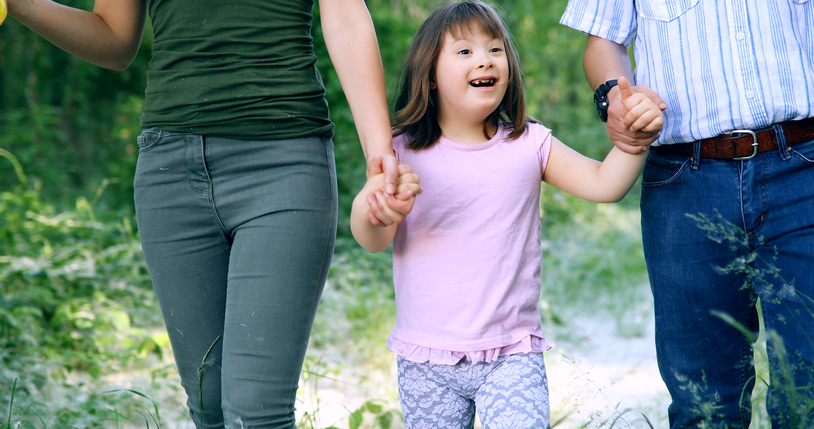From time to time, we probably view being alone as a luxury – a time to focus on ourselves, a little ‘time out’ from hectic business, family and social lives. Sadly, for millions of people being alone is their experience of everyday life, for them loneliness is a significant issue and a key driver of poor mental health.
Human beings are social animals but for millions of people social contact is extremely limited. We may think this mainly affects older people but according to research by the Mental Health Foundation (MHF) (https://www.mentalhealth.org.uk/campaigns/unlock-loneliness/research-briefing) this is not always the case, with loneliness affecting the young as much, if not more, than the old.
Loneliness was exacerbated by the Covid-19 pandemic, with lockdown measures dramatically reducing everyone’s social interactions. The MHF’s report shows:
- During the first lockdown – April/May 2020 – 35% of young people said they felt lonely often or most of the time, despite spending three hours a day on social media (Oxford ARC Study. Achieving resilience during Covid-19 weekly report 2. 2020. https://oxfordarcstudy.com/2020/05/20/weekly-report-2/).
- Later in the year (November 2020), according to a survey of UK adults, which took place nine months into Covid-19 restrictions, almost half of 18 to 24 year olds reported being lonely during lockdown. (Mental Health Foundation. Loneliness during Coronavirus. https://www.mentalhealth.org.uk/coronavirus/loneliness-during-coronavirus (2020)).
However, loneliness is not just a ‘Covid issue’ according to a report carried out in 2019 (Ibbetson, C. Young Britons are the most lonely. https://yougov.co.uk/topics/lifestyle/articles-reports/2019/10/03/young-britons-are-most-lonely), which revealed:
- 88% of Britons aged from 18 to 24 said they experience loneliness to some degree, with 24% suffering often and 7% saying they are lonely all the time
- in comparison, 70% of those aged over 55 also say they can be lonely to some extent; however, only 7% are lonely often and just 2% say they are lonely all the time
So, loneliness is not just a problem in old age, it can affect everyone. Loneliness has many different causes, which vary from person to person; however, we do not always understand what it is about an experience that makes us feel lonely. What is clear is that loneliness is a contributing factor in poor mental health, especially if the feeling of loneliness has lasted for an extended period. Loneliness is associated with an increased risk of certain mental health problems, including depression, anxiety, low self-esteem, sleep problems and increased stress.
Furthermore, in addition to the mental health issues, loneliness is also linked to high blood pressure, heart disease, obesity and a weakened immune system. In fact, one research paper (https://journals.plos.org/plosmedicine/article?id=10.1371/journal.pmed.1000316&mod=article_inline.) stated that the effect of loneliness and isolation on mortality is comparable to other high-risk factors such as obesity and cigarette smoking.
Loneliness is a significant public health problem and detrimental to our personal wellbeing but what can we do about it? First of all, it is important to remember that loneliness is a personal issue and therefore any relevant coping strategies will in turn be based on individual personal preferences but here are some things you might like to try:
Sign up
Check your local library, community and sports centres and enrol in classes you find interesting – art, craft, night class/study group, exercise or sports club. This should help to widen your social circle and you will automatically meet people who share a common interest.
You might also consider volunteering – again this will bring you into contact with new people and helping others also provides a general feeling of wellbeing.
Keep busy
Distract yourself from feelings of loneliness through activity. Do you have a hobby you have always wanted to take up, a skill you wanted to develop or a home improvement project you have been putting off? Being busy in this way may help keep your mind occupied and you will also obtain a sense of achievement in the process.
Practice self-care
Looking after yourself is always a good idea, especially when your mood is low. If you are feeling lonely, make an extra effort to care for yourself; eating nutritious food, exercising, and getting enough sleep will only make you feel better. Furthermore, if you can join an exercise class, running club or something similar it will increase your opportunities for social interaction.
Talk to strangers
Say “hello” to the person you see on the train or the supermarket, speak to your neighbour when you see them in your street. Interacting in these small ways will help you find social connections.
Too many of us walk around our neighbourhoods interacting with our phones rather than the people we meet and then complain that people are not friendly. Put the phone away, look up and say “hello”.
Avoid comparing yourself to others
Everybody does it but be aware that things are not always what they seem from the outside. Try not to compare yourself in a negative way.
Social media can be a significant contributing factor to a feeling that everyone else has an active social life and we are the only lonely one. People only post on social media what they want others to see, so it will present a very skewed view.
Strengthen existing relationships
Most of us have family and friends we should talk to more often. Why not make an excuse to give them a call just to ‘catch up’? Reconnecting with family and friends is beneficial for your mental health and might help them as well.
To sum up:
- loneliness is a significant issue and impacts on both mental and physical wellbeing
- feelings of loneliness do not just affect the elderly; anyone at any age can be affected
- feelings of loneliness are very personal, with the causes and impact of loneliness varying from individual to individual
- if you are feeling lonely, do not be afraid to address the issue and take positive action to connect with people around you






